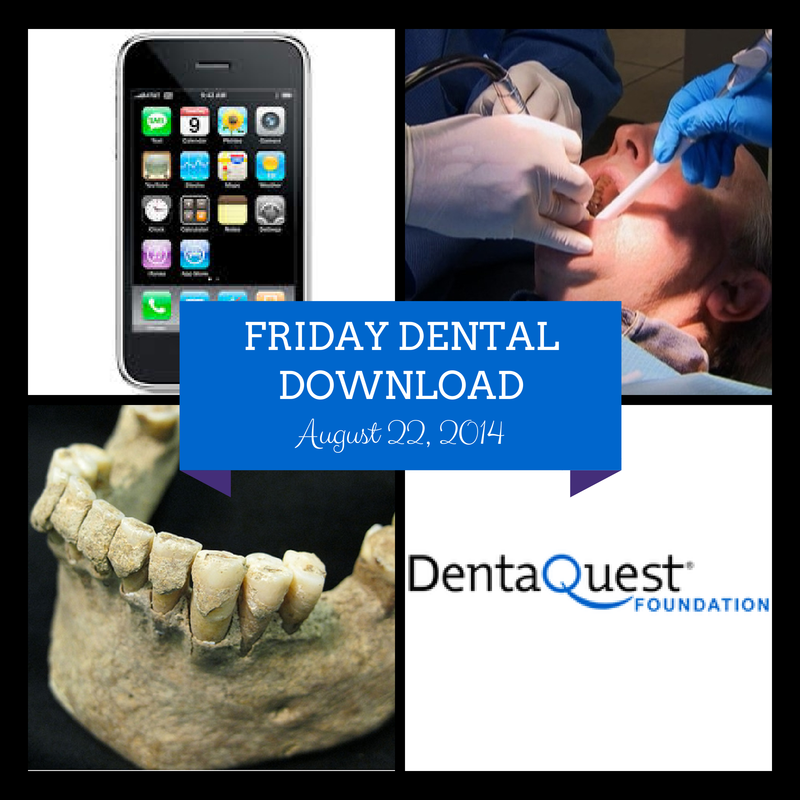We’re sad to see that Labor Day is around the corner. But we are not willing to let summer go. Here are a few recommendations on how to put together a tasty BBQ menu that won’t compromise your oral health:
· Cheese please. Start with a cheese tray. The calcium in cheese sticks to your teeth, shielding them from acids in other foods. Cheese can even heal tooth enamel where a cavity is about to form. Serve with fruit and veggies.
· Chips and Dip? Hmm. In your mouth, starches like potato chips, crackers, bread and pasta are as bad as sugars. Why? First, they easily get stuck in the grooves of your molars. Then, it takes a long time for starches to break down into sugars. Before you put these items on the table, consider that snacking on starchy foods for a long period of time (without brushing your teeth after) can be harmful to your teeth.
· Go for Veggies: Veggies and fruits, such as apples, cucumbers, carrots, and celery, are great because they have high water content. They stimulate the flow of saliva, and that helps to dilute sugars and acids that may be lingering in your mouth from other foods. Your saliva can repair the enamel through a process called re-mineralization --as long as your teeth aren't being continuously bathed in acids.
· Condiments: Are ketchup and barbeque sauce your BBQ staples? Dark colored sauces and condiments have the potential to stain your teeth. What’s worse, they contain lots and lots of sugar. A healthier alternative is a fresh salsa and garnishes like chopped onions, mushrooms or cheeses.
· The Main Event: Consider adding fish, such as salmon, to the standard menu of hamburgers, hot dogs, and chicken. The fatty acids found in salmon as well as sardines (docosahexaenoic acid), can help reduce gum disease. The fish oil has an anti-inflammatory effect that makes it harder for bacteria to flourish and multiply.
· Dessert: Impress your guests with homemade popsicles made from real fruit. It is easy to chop fresh fruit or liquefy it in a blender and freeze it in a mold. The result is a healthy, naturally-sweetened summer treat. Experiment with flavors you’d never see in a store: blueberry, mango, strawberries, blackberries. Store-bought popsicles are typically high in sugar content. Just beware that kids tend to suck on popsicles, so sugar spends a lot of time in the mouth giving it plenty of time to start to damage teeth.
· Beverages: Hydrate your guests with plenty of water. Try adding fruit, mint or cucumber slices to the water for a ‘spa-like’ beverage. Sparkling water is another popular summer option. It's sugar-free, calorie-free, and it hydrates.
· And for the kids, milk is always a great choice. It’s rich in calcium, protects teeth and helps keep the jawbone strong and healthy.
Consider these helpful teeth-friendly tips when planning your next outdoor get-together! Happy Labor Day!






